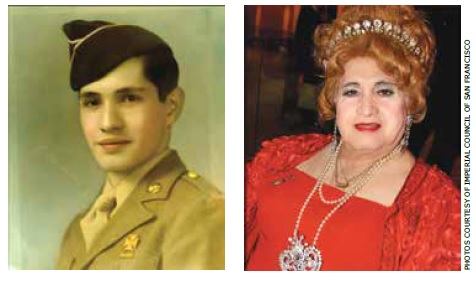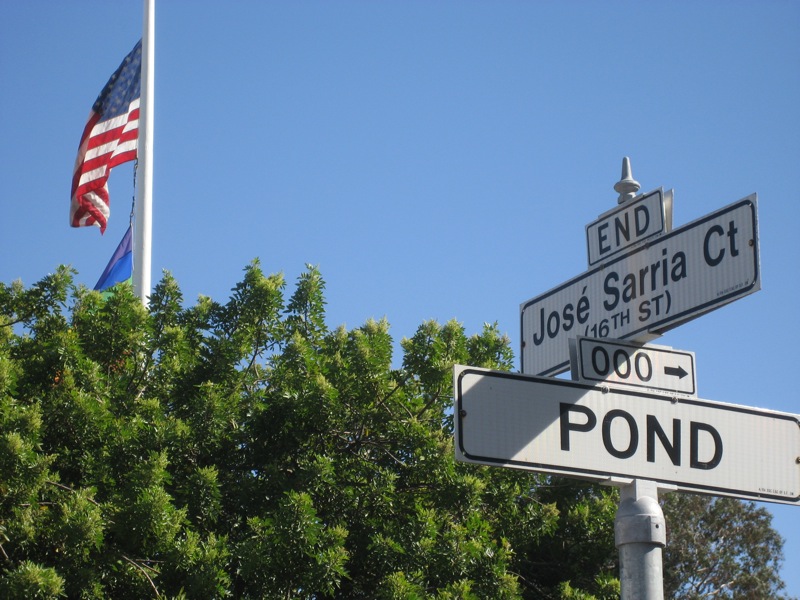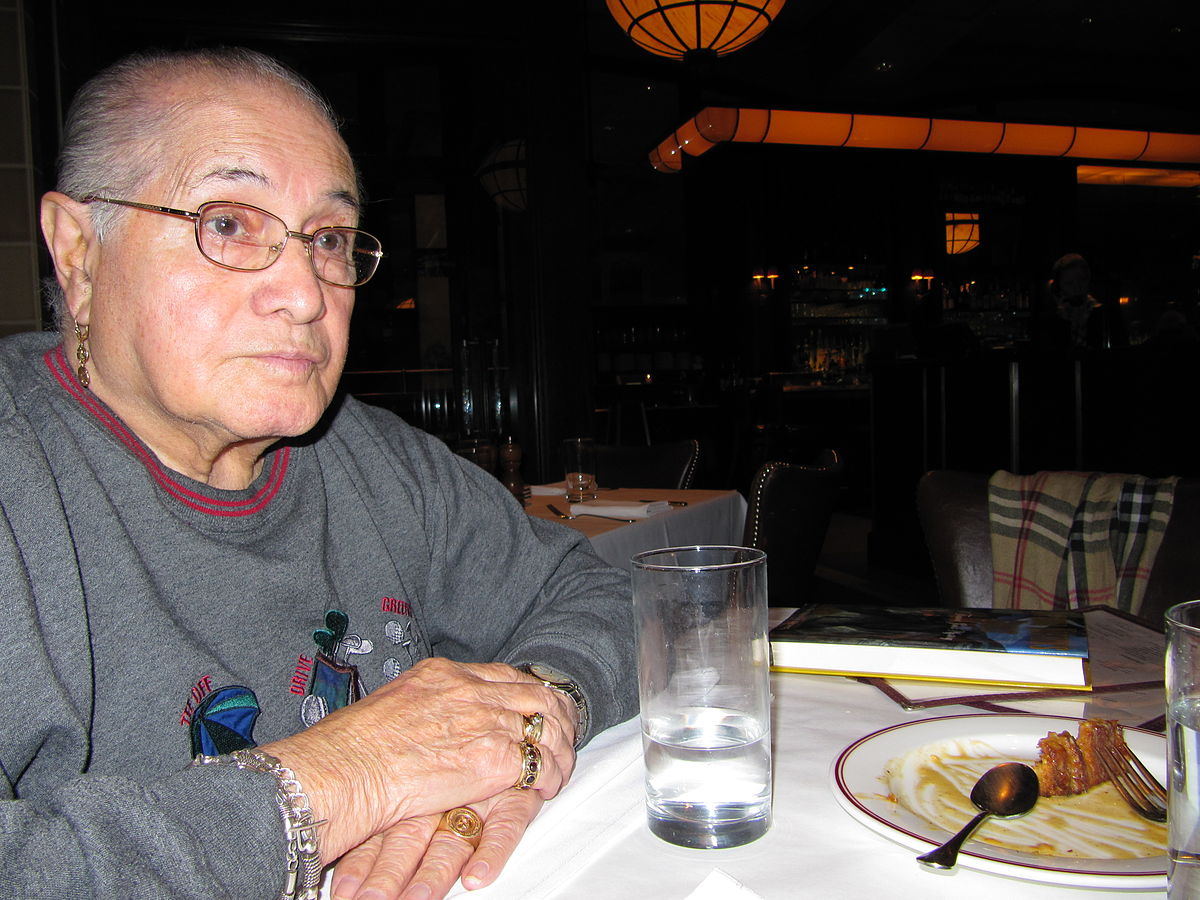In 1961, José Sarria runs for a seat on the San Francisco Board of Supervisors and becomes the first openly gay candidate to run for office in the United States.
The day before the filing deadline, there are five candidates vying for five open seats. When city leaders realize a homosexual is about to be elected to the board, 29 additional candidates file. Sarria comes in ninth with enough votes that city leaders take notice of a growing gay voting bloc.
Sarria is born in San Francisco to a single mother born in Bogota, who works as a maid for a wealthy family. Sarria’s father is Spanish but plays no part in his life. From an early age, Sarria dresses in girl’s clothing. His family encourages his desire to be a singer and pays for dance and and voice lessons.

When the U.S. enters World War II, Sarria enlists and serves as a staff sergeant. When his sexuality is discovered he is transferred from his job as a translator to cooking and baking school.
Returning to San Francisco after the war, Sarria trains to be a teacher until one night he is caught in a police sting at the St. Francis Hotel during which gays are arrested for soliciting. The social mores of the time dash Sarria’s teaching hopes.
Sarria takes a job as a waiter at the Black Cat Café, a bohemian bar in North Beach. One night, the bar’s piano player performs an aria from Bizet’s opera Carmen and Sarria sings along while serving drinks. His bawdy lyrics and double entendres about gay life are a hit. He starts performing nightly opera parodies in drag and is billed as “The Nightingale of Montgomery Street.”

The Black Cat now attracts a mostly gay crowd, and Sarria adds lyrics warning customers to avoid gay cruising spots that are under surveillance by the police. When arrests do occur, Sarria and friends head down the block to the county jail and serenade their jailed fellow gays from the sidewalk with “God Save Us Nelly Queens,” to the tune of “God Save the Queen.”
After his unsuccessful run for the Board of Supervisors, Sarria’s activism increases. He helps found several gay organizations — SIR, or the Society of Individual Rights, the League for Civil Education, and the Imperial Court System, one of the oldest and largest LGBT organizations in the world.

The Imperial Court System is a grassroots network of organizations in the united States, Mexico and Canada that fund-raise for charitable causes through the production of annual “Gala Coronation Balls.”
Each court annually elects an “emperor” and “empress.” Sarria becomes Empress of San Francisco, Jose I and the Widow Norton — a nod to “Emperor” Joshua Norton, a well-known San Francisco Gold Rush era eccentric who in 1859 declared himself emperor of the United States and protector of Mexico.
From 1876 until his death in 2013, Sarria led a procession to Emperor Norton’s grave. After the AIDS epidemic the annual pilgrimages also became a way to grieve for lost loved ones.
When Sarria dies in 2013, he is buried near Emperor Norton in Woodlawn Cemetery in Colma in a plot he purchased. A portion of 16th Street in the Castro district is named José Sarria Court in his honor.

In May 2019, the San Francisco Board of Supervisors approves a resolution supporting Sarria’s induction in the California Hall of Fame, saying in part:
“(He) paved the way for many lesbian, gay, bisexual, transgender, and queer (LGBTQ) candidates who followed to seek and win elected office across San Francisco, elsewhere in the United States and around the world.”
TOP PHOTO: Photo of José Sarria dining at Eastern Standard restaurant in the Hotel Commonwealth, Kenmore Square, Boston 2010. John Stephen Dwyer / CC BY-SA (https://creativecommons.org/licenses/by-sa/3.0)
